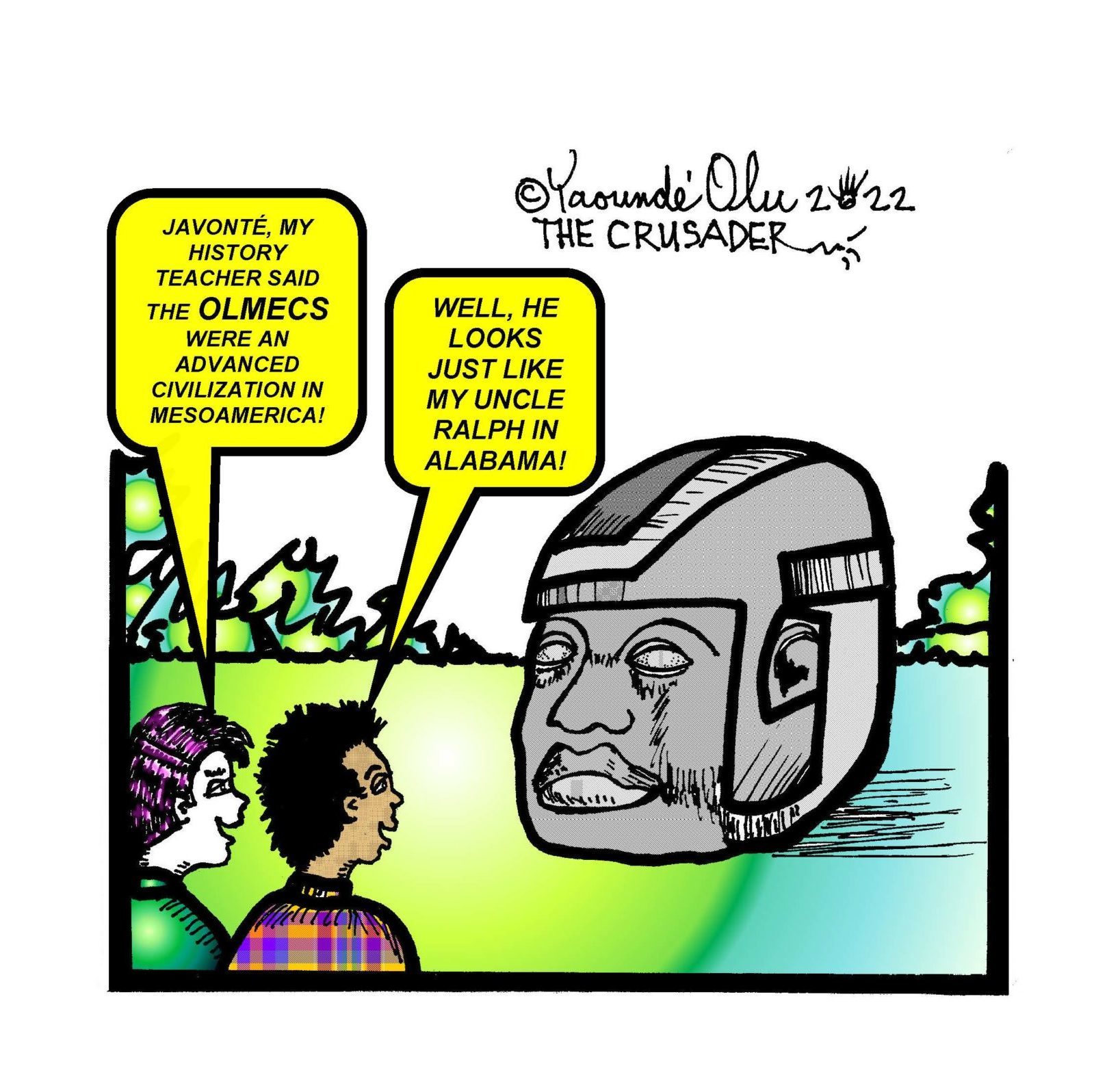Is there a difference between Black history and African American history? It depends on who you ask. Whatever the answer given, it cannot be denied that “Black” history carries a broader connotation. Black is global; African American relates specifically to the United States.
And it is African American history that has traditionally been the focus in public schools. Customarily, a lot of African American history has dealt with the institution of slavery in such a manner that one could get the idea that Black people didn’t have significant lives or a civilization before coming to America. This has resulted in the “Black people only as slaves” syndrome.
Due to post-slavery (and some during slavery) African American achievements, however, contemporary African American history can now highlight a more positive direction. We are able to celebrate modern African American scholars, athletes, musicians, publishers, artists, scientists and more.
It has often been noted that due to the focus on the past in America, there are many white people who do not believe that Black people have accomplished anything of value in the world. Because of this, a patina of inferiority has been placed on the race, with our youth buying into that negative notion.
Basically, you can’t teach what you don’t know, and consequently, the educational system has, for the most part, focused on the deficit model of the African American experience. It ignores the idea that Black people actually had a viable history before being brought to these shores as slaves. This historic slant contributes to the lack of self-esteem demonstrated by far too many African Americans.
A remedy would be a focus on “Black” history, which is global in nature.
It is becoming increasingly apparent that the Black presence can be seen throughout the world. Civilizations that were previously thought to be white are now being challenged as new information is becoming available.
For example, there has been an ongoing struggle to depict the ancient Egyptians as white. Many people today can think back on the movie “Cleopatra” that featured the very white and implausible Elizabeth Taylor as the queen of Egypt. And today, there is a movie entitled “the Gods of Egypt” that features a basically European cast (with a few exceptions) depicting ancient Egypt (Kemet) as a bastion of white folks with European accents.
In a related vein, even when white people are exposed to images of ancient Kemet that features Black and Brown-skinned people in the art, some have been known to say that the color of these images was the result of adverse weathering that changed the skin tones of the pharaohs and their consorts!
Also, the giant Olmec heads uncovered in South America provide another opportunity for the denial of the global Black presence. The features on these sculptures are undeniably Black, but there has been a scramble on to find any excuse possible to deny that they represent an advanced civilization of Black people.
When Europeans during a previous century came across the fantastic Benin bronzes in Africa, they were thought to be too advanced to have been created by Black people; they attributed them to some mythological white people who probably visited Benin and created these artifacts, and not to the indigenous people that possessed them!
Ultimately, in order to dispel erroneous racist notions and to highlight truth, there is a need to broaden the scope of history taught in our schools; African American history should be included as a subgenre of Black history.
Black people should understand that “slaves” were not taken from Africa: people who were artisans, scientists, builders, and more were taken. They became slaves when they arrived on these shores.
Black history should be taught in order to help Black people heal from the psychological wounds generated by a malevolent society that did not consider them as fully human! A Luta Continua.






